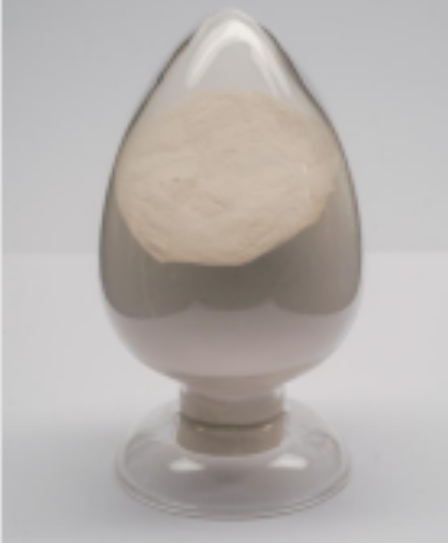
1、Overview
DPC technology is mainly developed for the targeted direct shear preparation of low-carbon olefins and aromatic hydrocarbons from crude oil and heavy oil. The unique DPC series catalyst can significantly improve the conversion capacity of heavy oil, reduce the yield of dry gas and coke, and enhance the selectivity of low-carbon olefins. This technology is currently the most disruptive technology worldwide for directly producing low-carbon olefins and aromatic hydrocarbons from crude oil/heavy oil.
2、Reaction mechanism
DPC technology can accurately shear the cross-linked/chain like structures of macromolecules such as gum and asphaltene in raw oil, while retaining the aromatic hydrocarbons and inhibiting the condensation and coking of macromolecules and unsaturated intermediate compounds. To achieve the goal of reducing dry gas and coke yields and increasing low-carbon olefin content.
3、Process characteristics
DPC technology has the characteristics of low dry gas and coke yields, and high oil product yields when processing heavy oils such as regular slag, reduced slag, and oil sand asphalt;
The DPC technology is not significantly different from the existing FCC and MIP-CGP technology units. The existing catalytic cracking units can improve the blending level of vacuum residue by using DPC specific catalysts without major modifications.
The raw materials of existing delayed coking, ARDS or VRDS units can be directly processed using DPC technology, significantly improving the yield and selectivity of low-carbon olefins.
4、Future prospects
(1) DPC technology has broken through the limitations of catalytic cracking processing of raw materials.
(2) Suitable for the treatment of heavy oils such as crude oil, regular residue, reduced residue, and oil sand asphalt.
(3) By combining the adsorption separation technology of gasoline and diesel broad fractions developed by CNOOC, efficient separation of aromatic and non aromatic components can be achieved.
(4) Non aromatic fractions (i.e. olefin rich fractions) can be recycled or fed into catalytic cracking units to obtain more low-carbon olefins
(5) DPC complete technology can process heavy wax oil with a chemical yield of over 78%.
(6) DPC complete technology can process cycloalkane intermediate base crude oil with a chemical yield of over 72%.
(7) DPC complete technology can process vacuum residue with a chemical yield of over 70%.